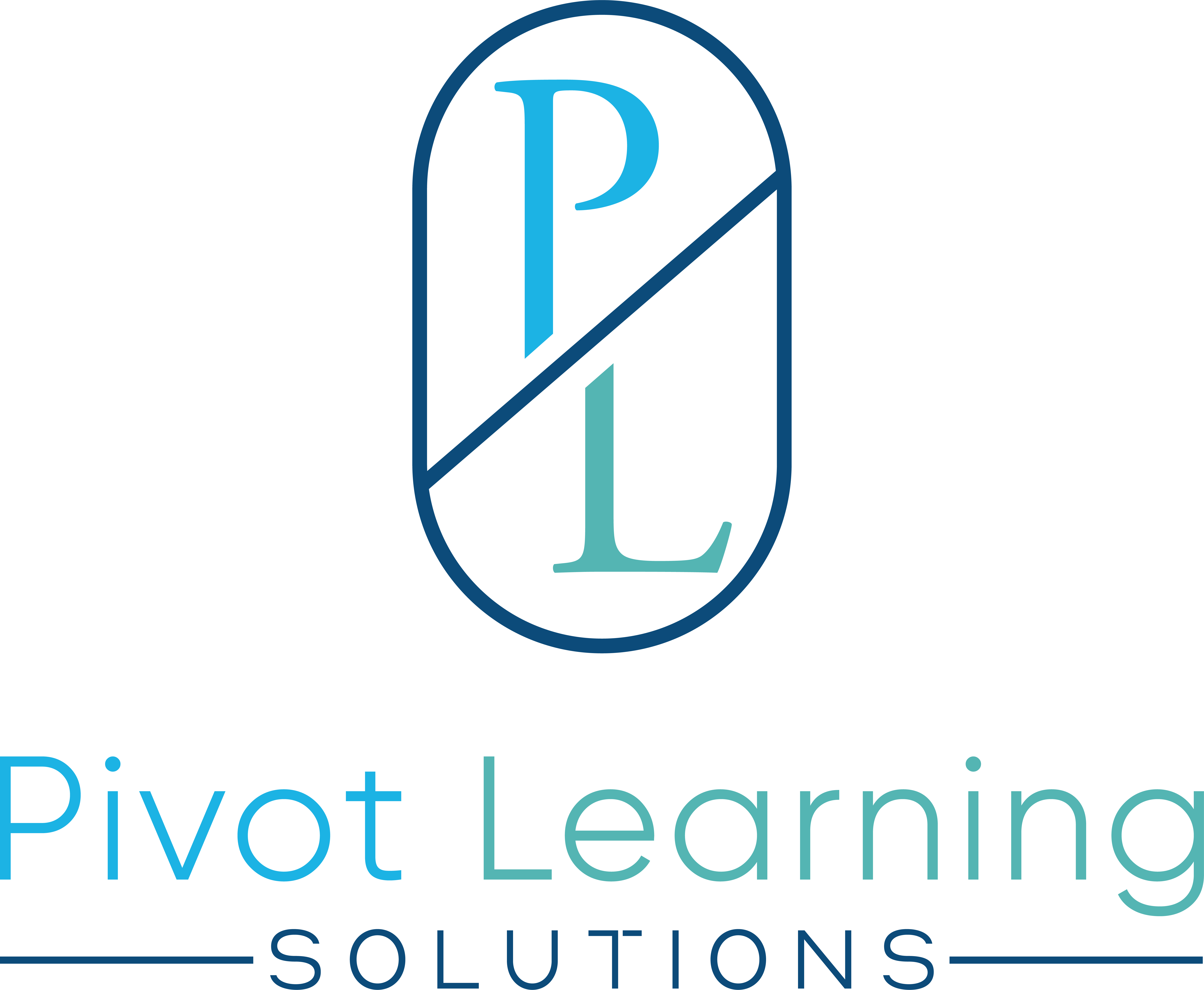Covid-19 in 2020 has impacted ALL of us, no matter what your job title, existing systems and processes, location, or plan. Many companies have made the decision to move employees to remote/work from home scenarios and integrating zoom meetings into daily life. OrgLearn has helped these companies shift their in-person trainings to virtual with online course creation. This is our 2020 normal. As a society, we know this shift has been effective at slowing the spread of Covid-19. But how productive and efficient is it for our companies?
Stanford economist, Nicholas Bloom saw red flags as early as June 2020, “Only 51 percent of the survey respondents – mostly managers, professionals and financial workers who can carry out their jobs on computers – reported being able to work from home at an efficiency rate of 80 percent or more.”
So how do we as organizations make online training a positive and learning experience? We need to reinvent our experiences and realign our training processes to keep employees engaged.
To improve is to change; to be perfect is to change often. Winston Churchill
Looking forward into 2021
We are rethinking three main areas in the eLearning industry.
- Learning Format
- Subject matter
- Technology for Virtual Learning/Tools
eLearning Format
If an LMS platform does not already exist, one should be created to house online courses. Now that employees are seeking resources digitally, this will be their hub for taking eLearning courses and tracking progress. If a platform exists, you’ll need to look into moving some traditional in-person training into remote training. Remote work is our new permanent reality and training should be an integral part of easing the transition for both employee and employer. Take a look at how flexibility can help ease this transition here.
Subject Matter
Review all of your eLearning subject matter. In most cases, daily employee obstacles and challenges have now changed and should be addressed differently. In addition to revisiting the training currently in place, new courses will need to be added that address the specific challenges and opportunities your team faces in a home environment. This could include training in managing stress and feelings of isolation due to living in a single household and not having face-to-face time with peers throughout the workday. Planning for the next phase of workforce development needs to start now, to be prepared for 2021.
Technology for Virtual Learning/Tools
LMS platforms will aid in creating an easy-to-use online learning platform, but other support tools and personnel might be needed. Training managers should be well-positioned to support their remote workers and have resources available for those who are struggling. Orglearn can help you develop these processes.
Lastly, organizations need to think outside of the training box and target training that truly engage the adult learner. Retaining attention and engagement has always been a challenge, but now, virtual engagement is a new problem and deserves new attention and thought.



